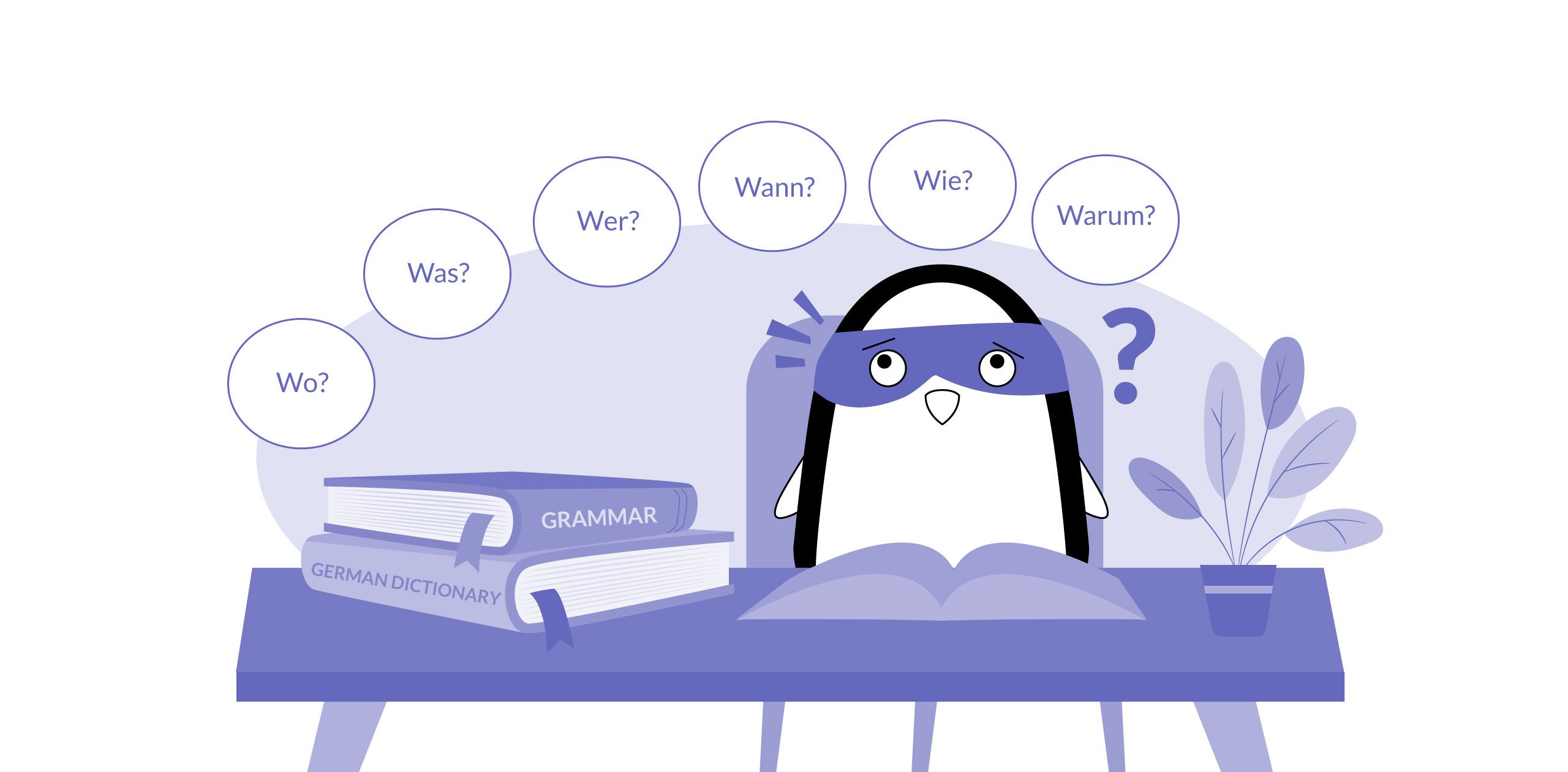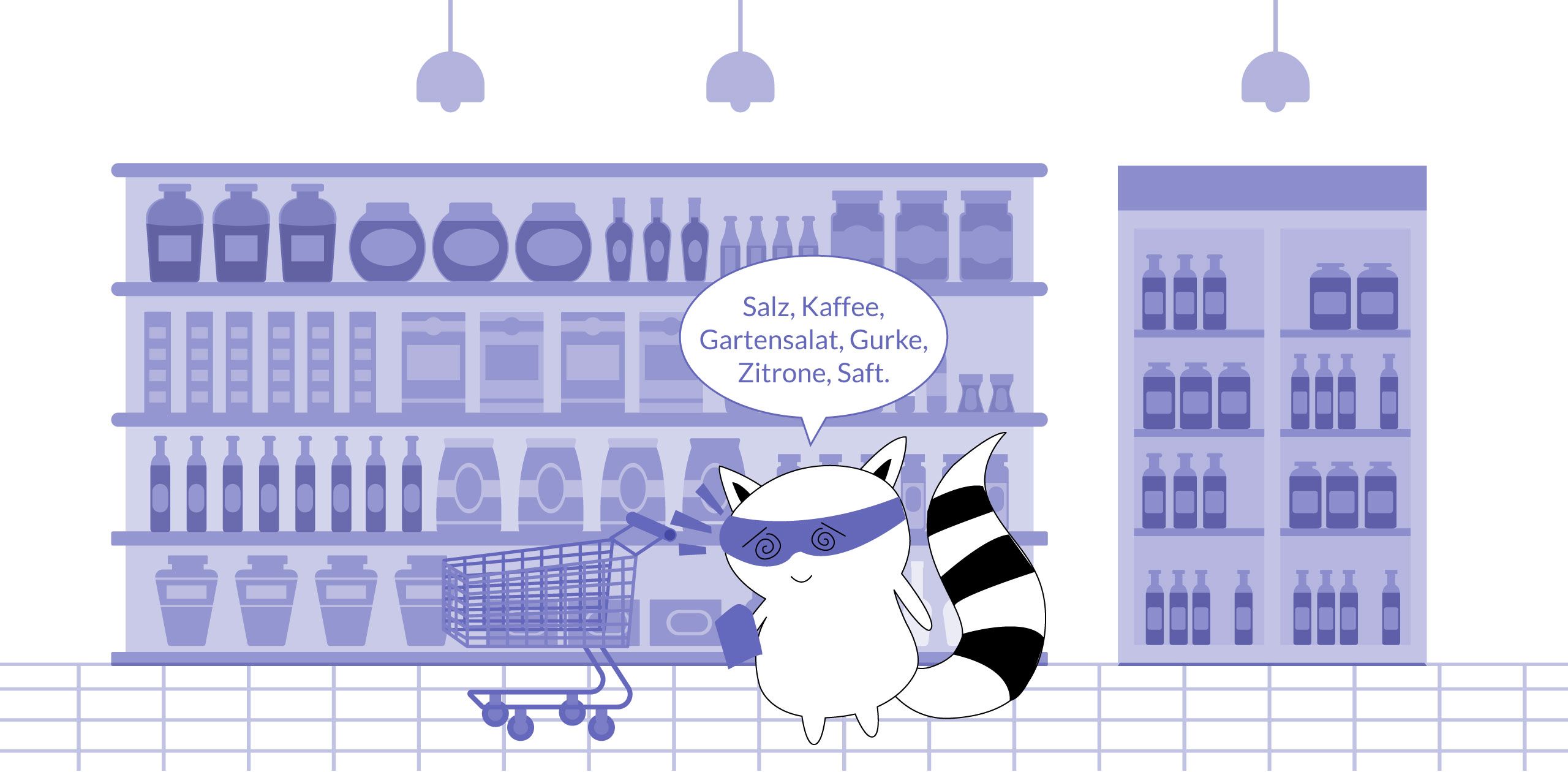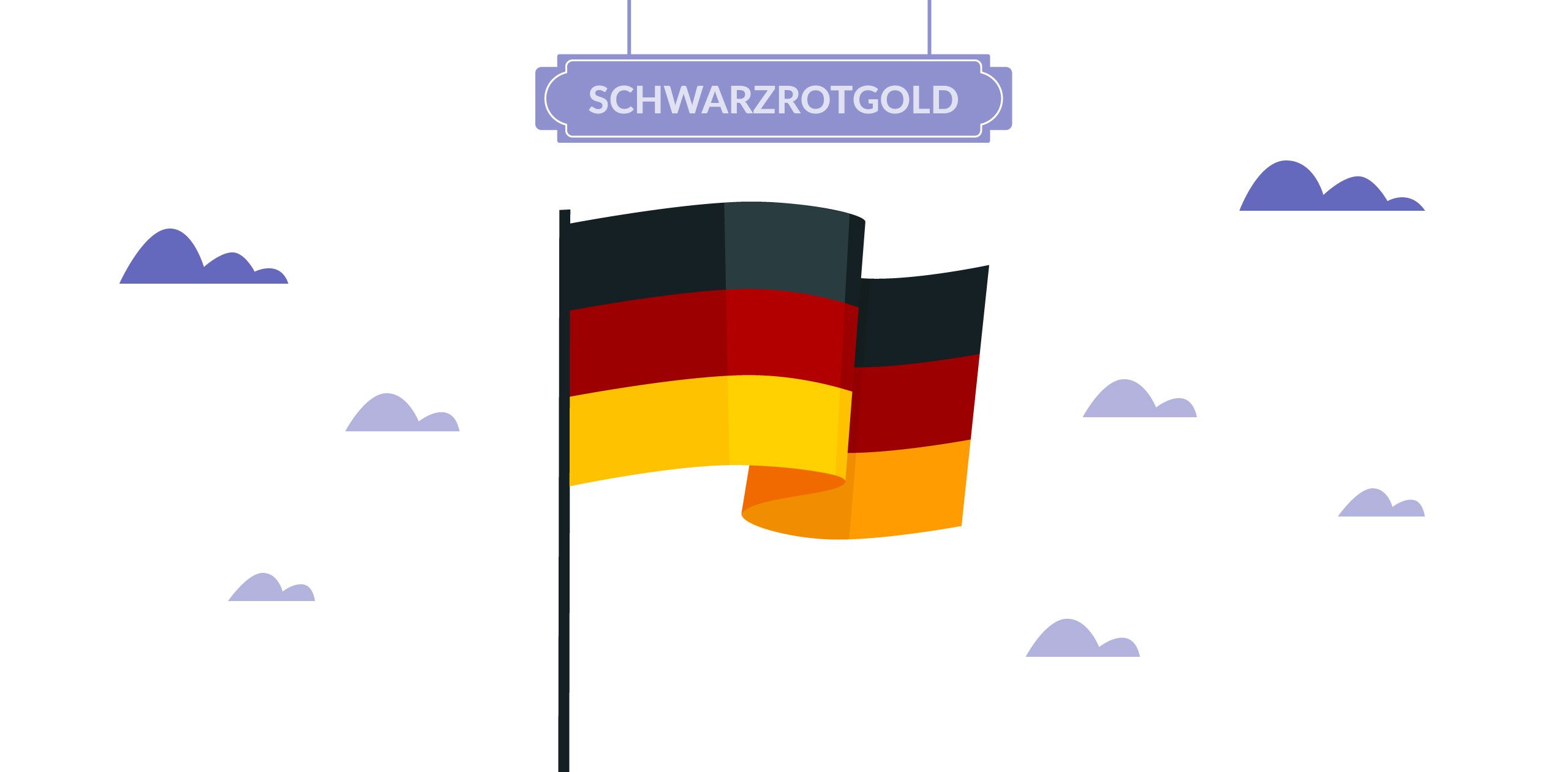
In German, compound nouns are words that are made up of two or more words that are written as one word. This is one of the things that makes German such a complicated language – but don’t worry, they are really not that hard to deal with.
Germans love long words, so understanding compound noun construction can be very useful if you’re going to Germany or communicating with German native speakers – especially when you want to show off your German language skills.
In this article we’ll take a closer look at the types of German compound words, how they are constructed, and how to use them in a sentence. Read on – and boost your German vocabulary.
Learn German with Langster
What Are German Compound Words?
A compound word is made up of two words or more – it’s usually long and has two or more parts. In German, compound words are usually written as one word, even if the meaning would be clear if they were written as separate words.
German
English
das Gasthaus
a guest house – aka an inn
Nevertheless, today you can come across occasional hyphenated forms (which is recommended by the 1996 spelling reform) or even separate words that appeared due to English influence.
German
English
die E-Mail
die Monster Laufzeit
monstrous contract period
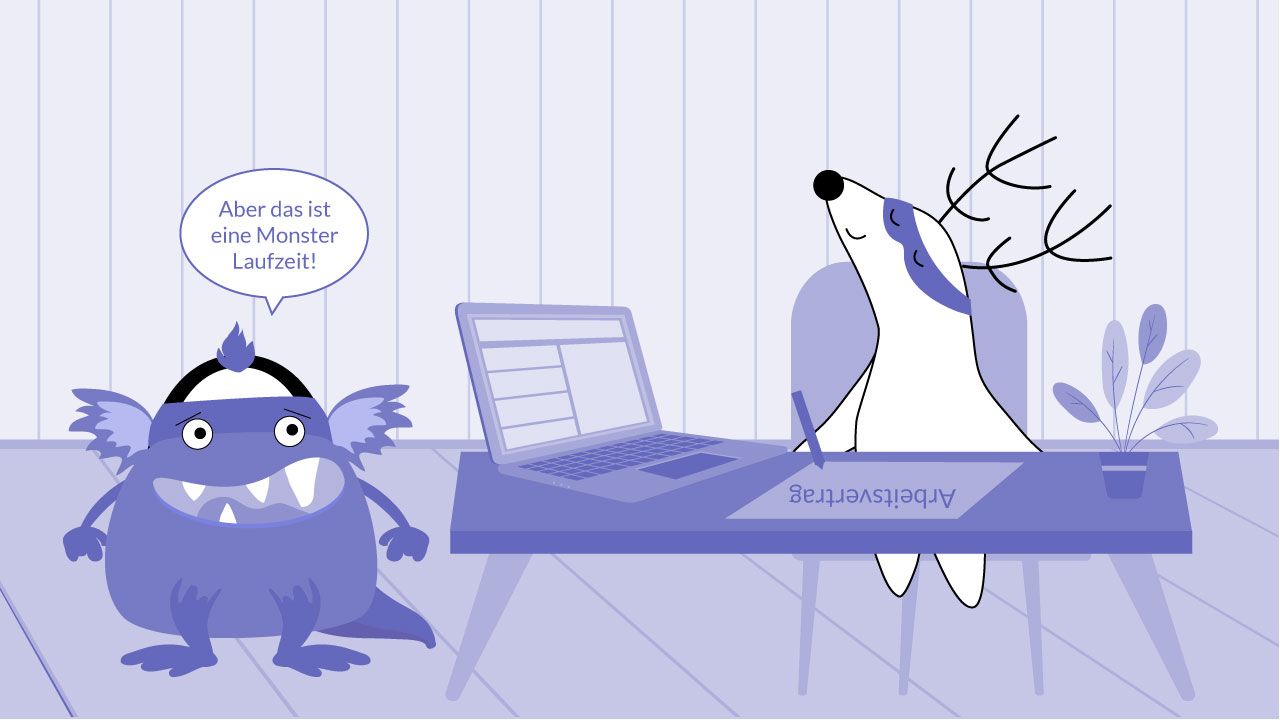
Just like in English, usually the last word in the compound word is the most important and defines the word’s gender. The starting word or words modify the last one.
- die Sonne + die Brille = die Sonnenbrille (the sun + the glasses = the sunglasses)
There are several types of compound words in the German language depending on the type of the words they’re created from.
- Noun + noun
German
English
der Mülleimer
the garbage pail
- Adjective + noun
German
English
der Altbau
the old building
- Noun + adjective
German
English
luftleer
airless
- Verb stem + noun
German
English
die Waschmaschine
washing machine
- Preposition + noun
German
English
der Vorort
suburb
- Preposition + verb
German
English
runterspringen
to jump down
- Adjective + adjective
German
English
schwarzrotgold
blackredgold, the colors of the German flag
How to Construct German Compound Words
There are several ways to create a compound words, such as:
Putting two words together:
- alt + der Bau = der Altbau (old + building = old building)
Using a connecting element between the two words:
- die Nummer + das Schild = das Nummernschild (the number + the plate = the number plate)
Sometimes Germans use a verb as the first word. When they do that, they leave out the last syllable of the verb:
- malen + die Farbe = die Malfarbe (to paint + the color = the paint color)
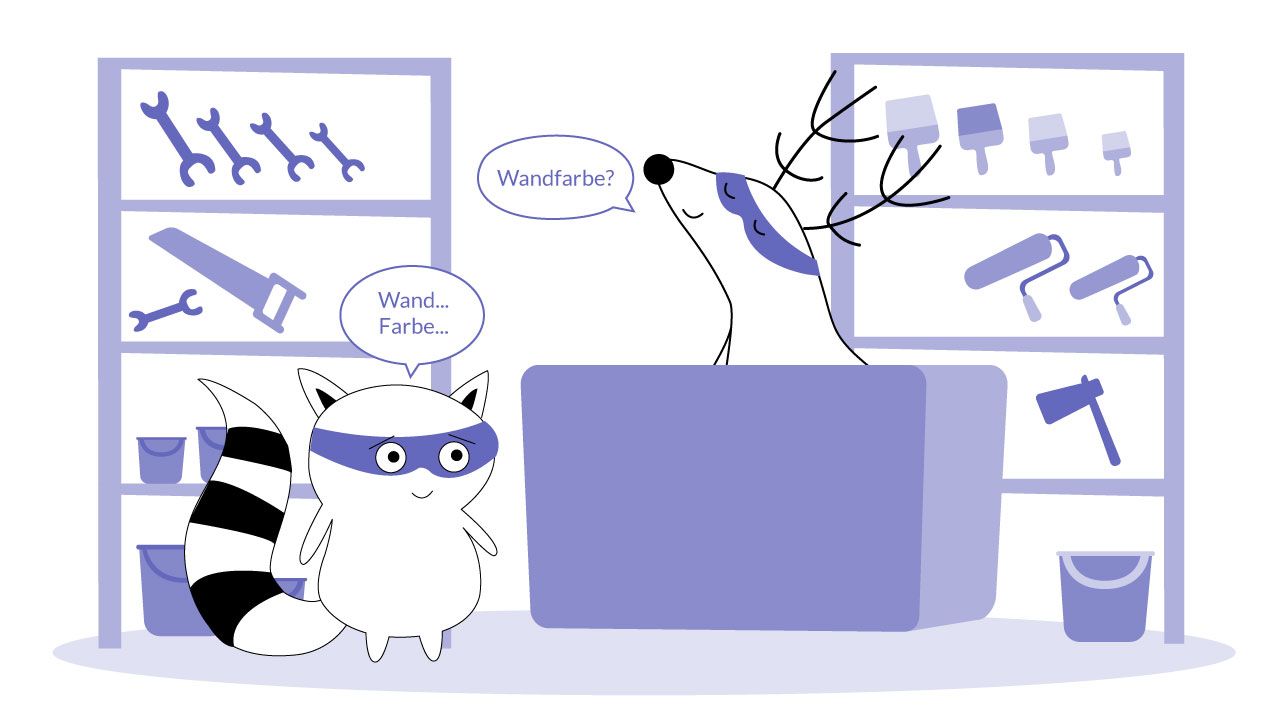
Connecting Elements
When creating or using compound words, you will come across several connecting elements that can be used in German words composed of two or more root words. Here are the main connectors:
- e-
German
English
er Arbeitnehmer
employee
die Jugendsünde
youthful folly
- n- or -en
German
English
das Bauernbrot
farmhouse bread
die Gedankenfreiheit
freedom of thought
das Backpfeifengesicht
literally: the slap face, so a face you’d slap
- ens-
German
English
das Friedensabkommen
peace agreement
die Herzensgüte
goodness of heart
- er-
German
English
der Bilderrahmen
picture frame
- s- or -es-
German
English
das Verkehrsamt
tourist office
die Staatspolizei
state police
Important Rules for German Compound Word Construction
German words composed of two or more words occur very often both in written and spoken languages, which is why learning to deal with compound German nouns or German adjectives is one of the important steps even on the beginning levels of learning the language.
Fortunately, when you know how to create compound words, you only need to remember a few rules to use them correctly.
- As mentioned, the last part in the compound German word determines the word type. So, for example: the word runterspringen ends with a verb springen (to jump), and is therefore a verb.
- If we’re talking about a compound noun, the last part of it determines its gender as well. For example, Die Gedankenfreiheit ends with the word freiheit (freedom), which is a feminine noun, thus the article die.
- When German compounds are declined, only the last part of the word changes: das Bügelbrett -> die Bügelbretter (ironing boards)
- Unlike English or French, in German, compound numbers are always written together: Siebenundachtzig (Eighty-seven).
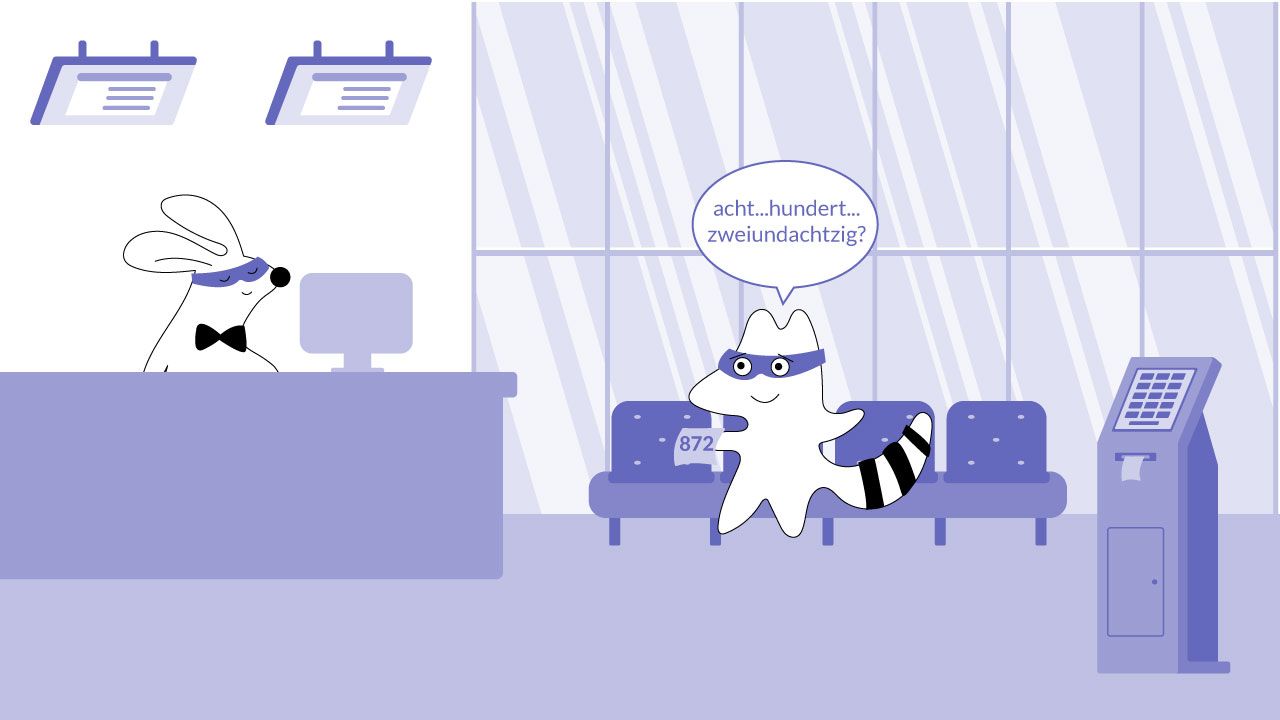
How to Deal with Unknown Compound Words in German?
German compound words are often called Mammutwörter (mammoth words). Many words we have mentioned above are pretty short compared to the notoriously known German longest words – check out this article to learn more about them.
And even though you may come across the words consisting of 30 and more letters only in bureaucratic contexts, you still can encounter many long words when learning German or talking to German native speakers – and this can be a challenging experience. To help you out, we have prepared a few tips for dealing with new compound words in your life.
- Stay calm. Even though the word is long, you would act about it the same as with any other unknown word: try to decipher its meaning. With compound words, it’s even easier: if you know even what part of it means, you’re much more likely to understand it quickly.
- Try to find out a part you know. Scan the words, divide it into parts: first word, connecting element, second word, etc., and see if you know anything.
- If you hear the word for the first time, ask the other person to repeat it, if possible. Then, try to figure out the basic form of the word – after all, many words can be declined. Remember that only the last part of the compound word changes – this will make it easier for you to understand what is going on.
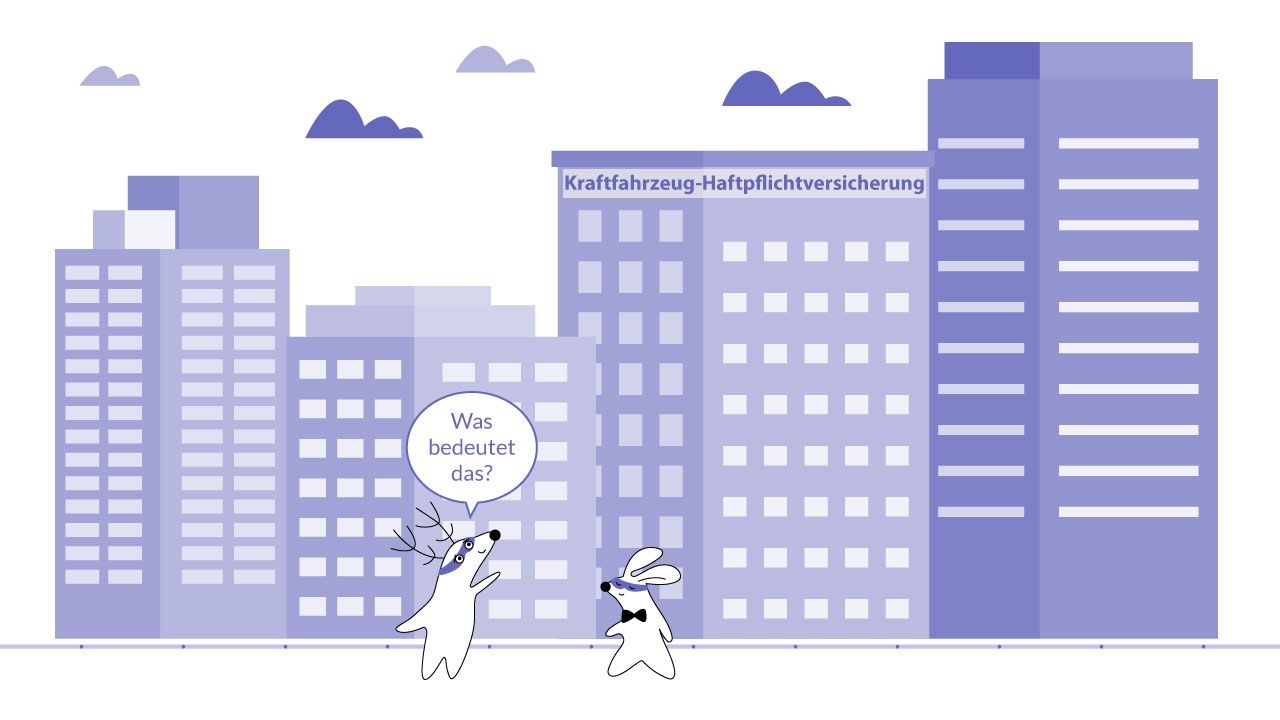
- Don’t try to translate it or any of the word’s parts into English. Sometimes, the literal translation won’t make sense, just like with das Backpfeifengesicht, so try to figure out what the whole word might mean in German.
- Don’t hesitate to ask for help. Use a dictionary or ask the person you’re talking to if you don’t know what it means. This is the easiest way to expand your vocabulary and boost your comprehension skills.
The German Language: Kingdom of the Compound Words
German compound words are one of the most interesting and unique aspects of the German language. They can be very useful for boosting your vocabulary and showing off your language skills, and with regular practice, you'll be able to use them correctly in sentences.
Make sure to repeat them from time to time and try to use them in real-life contexts: for example, in conversation with other learners, native speakers, or when reading news in German on the Langster app. Don’t be afraid to make mistakes when learning German – after all, mistakes are a normal part of any learning journey. Just keep practicing and you'll get there. Good luck!







